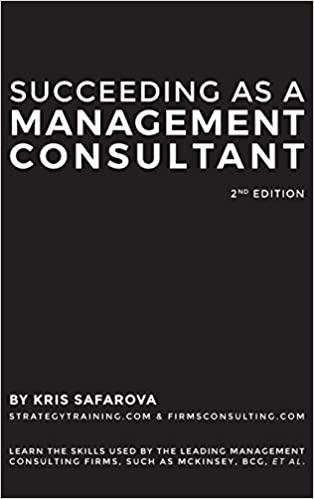Answered step by step
Verified Expert Solution
Question
1 Approved Answer
read the case, Evaluating the Change Agent Program at Siemens Nixdorf, bearing in mind key organizational development principles and practices. After reading the case, you
read the case, Evaluating the Change Agent Program at Siemens Nixdorf, bearing in mind key organizational development principles and practices. After reading the case, you will write a paper incorporating each of the following described in greater detail within the attached Instructions & Rubric document: make large page case study in peregraphs form including Case Summary,
Analysis of Change Agent Program CAP and Proposed CAP Program Evaluation
Siemens Nixdorf Informationssysteme SNI was the largest Europeanowned computer manufacturer and information technology vendor in The company was created by a merger between Nixdorf Computer, an entrepreneurial minicomputer firm, and the mainframe computer division of Siemens AG the German electronics giant. The company offered a broad range of computer products, from personal computers and mainframes to software and support services. In the company posted $ billion in revenues and employed people worldwide. Despite its size and a strong market presence in Europe, SNI had not posted a profitable quarter since the merger. The company lost over $ mil lion in fiscal Over of its products were sold in Germany, and the company had a weak base in the growing Asian and North American markets. While the organization had a strong technological focus, SNI was slow to respond to market changes requiring more customer responsiveness and market shifts away from large mainframe systems. In addi tion, SNI's efforts to trim high labor costs were hampered by strong union pressure and strict German layoff regulations. Industry analysts observed that the company was constrained by a rigid corporate culture established during the merger. The organizational structure was con sidered too bureaucratic in its approach to decision making for the rapidly evolving market. In mid in the search for profitability, ab decision was made by the Chairman of Siemens AG the shareholder of SNI to bring in a new CEO for Siemens Nixdorf. Gerhard Schulmeyer, President and CEO of i the American division of Asea Brown Boveri ABB a SwedishSwiss engineering company, was chosen. Schulmeyer wanted SNI to become more customer driven and responsive to the market, and he was convinced that the major adjustments necessary to recreate SNI could only occur alongside a radical change in the corporate culture. He wanted to create an SNI culture that enhanced entrepreneurial thinking and team building. He aimed to replace topdown procedures with innovative leadership that rewarded decision making and risk taking. To accomplish these goals, Schulmeyer initi ated a companywide culture change program that had three major objectives: To change the behavior of managers and employees with a view to achieving dra matic improvement in performance and results To change work systems to foster a cul ture of operational excellence To change processes to emphasize the customer and to ensure the primacy of customer service He believed that SNI's radical change require ments could only be met holistically.addressing structure, systems, behavior, and strategic phi losophy together, underpinned by a continu ous learning process for both individuals and the organization itself. A road map Figure was created and published, and execution was set in motion in October Of particular importance in creating a foundation for change at SNI were the behavioral and learning components of the road map. On the behavioral side, a set of mutually reinforcing initiatives was introduced to encourage new ways of acting and to support the develop ment of new capabilities. These initiatives included the Culture Change and Friday Forum Programs described below a fine tuning of the organization's matrix structure. a reengineering and profit improvement pro gram, the introduction of anewmanagement and corporate and business strategy initiatives. On the learning side, the organization committed to a Change Agent Program described below Two addi tional educational programs, the Entrepre neurial Development Program and the Management Development Program, sup ported the learning objectives of the change agent program THE CULTURE CHANGE PROGRAM The process started with the scheduling of four major change events in Hanover, Germany. The first, Hanover L held in December was a gathering of selected SNI employees with the theme of "Giving Employees a Voice in Delining the New Culture. Over employees, called Opinion Leaders, met with managers, known as Business Leaders, to agree on changes that were worth striving for at the company. Nineteen topics were identi fied eg "Establishing an Environment of Creativity" followed by brainstorming to translate ideas for change into actions. The discussions led to the establishment of action
Step by Step Solution
There are 3 Steps involved in it
Step: 1

Get Instant Access to Expert-Tailored Solutions
See step-by-step solutions with expert insights and AI powered tools for academic success
Step: 2

Step: 3

Ace Your Homework with AI
Get the answers you need in no time with our AI-driven, step-by-step assistance
Get Started


